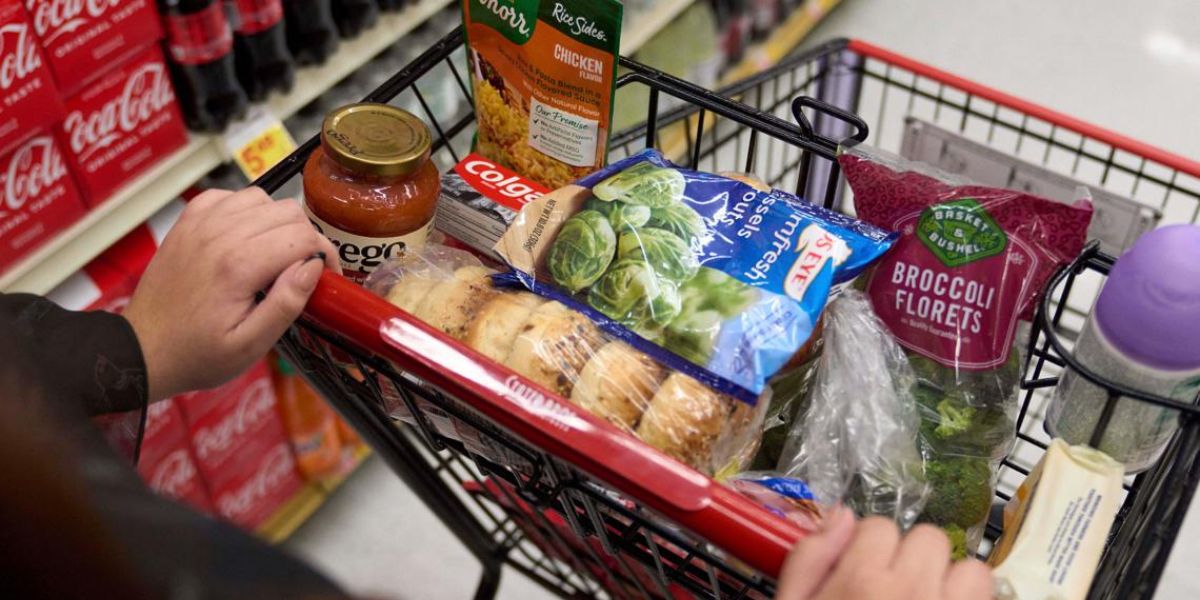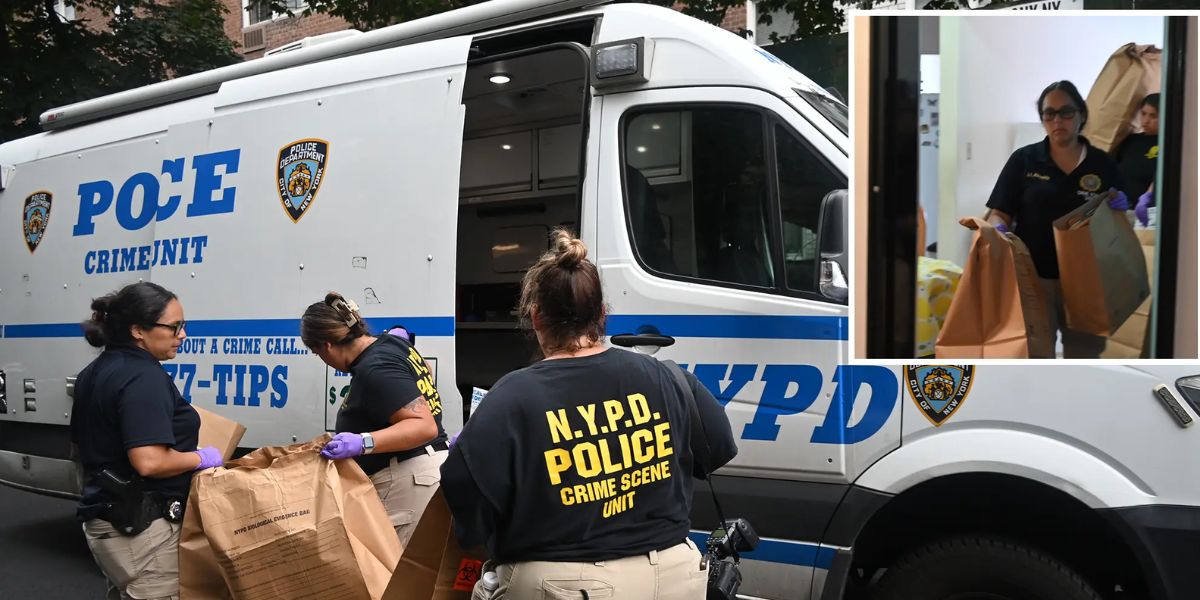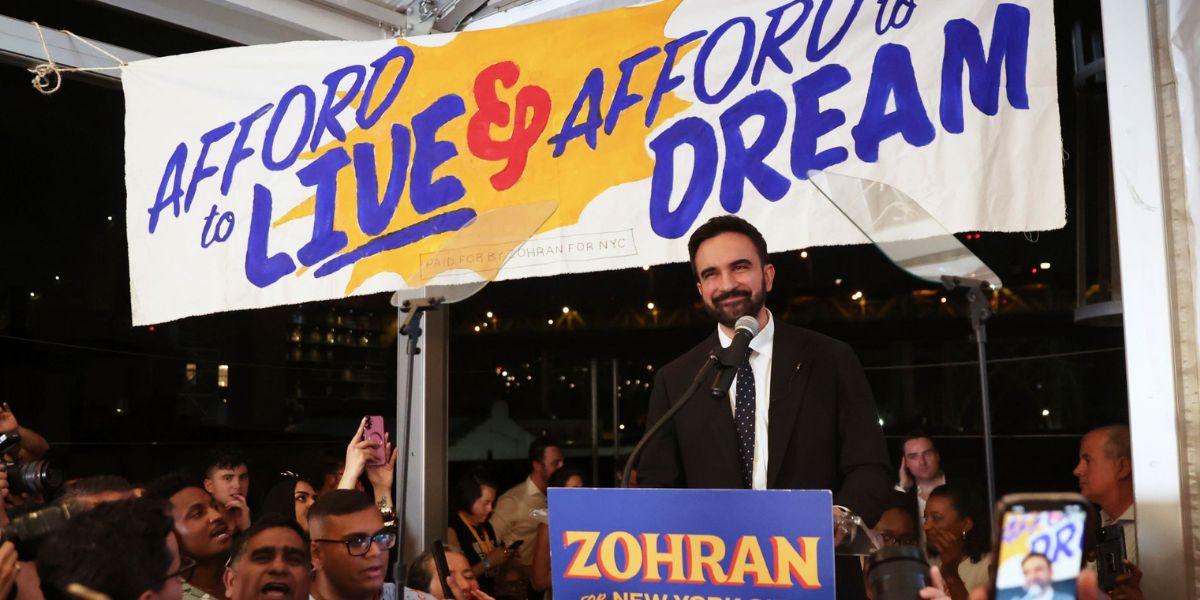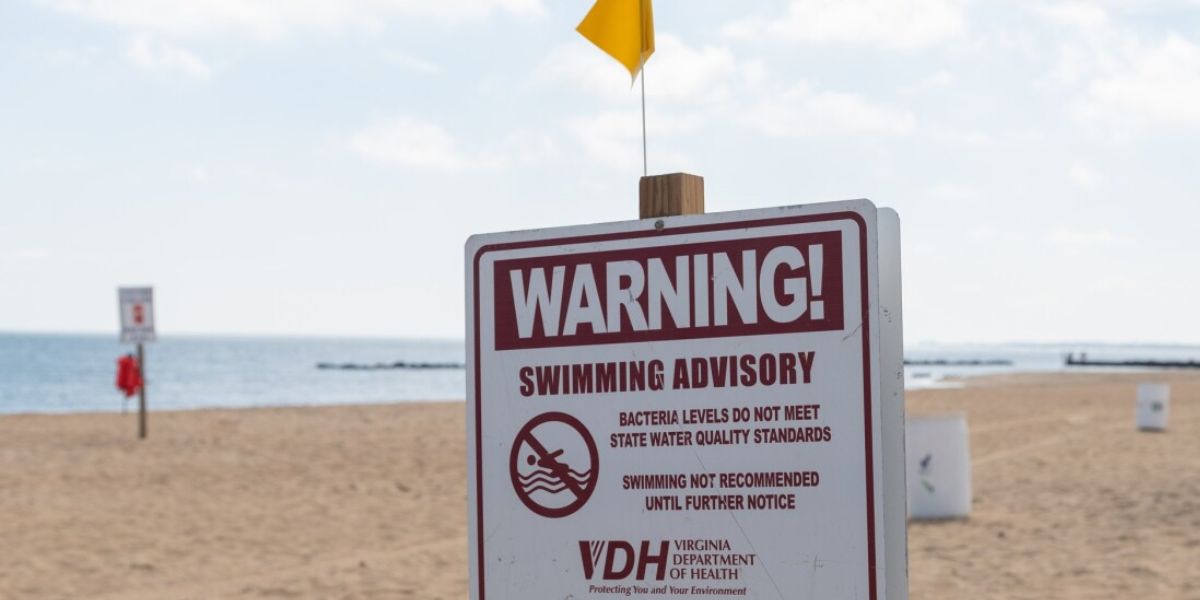HARRISBURG, PA — A sweeping federal bill supported by President Donald Trump and congressional Republicans could gut Pennsylvania’s food assistance system, potentially leaving millions without access to groceries unless the state fills a budget shortfall of up to $800 million, according to Governor Josh Shapiro.
“This is not politics — this is survival,” Shapiro said. “There’s a real question as to whether or not we will be able to operate SNAP any longer.”
The bill — dubbed the “One Big, Beautiful Bill” by supporters — passed both chambers of Congress this week and now heads to the president’s desk.
What’s Changing in SNAP and Why It Matters
The federal Supplemental Nutrition Assistance Program (SNAP) currently supports over 1.9 million Pennsylvanians, the majority of whom are children and older adults. Under the new legislation:
- States’ administrative costs will jump from 50% to 75% starting in summer 2026, forcing Pennsylvania to find at least $125 million more in its annual budget.
- By fiscal year 2027-28, states with SNAP “error rates” above 6% will also have to pay part of the benefits themselves — up to 15% of the total.
- Pennsylvania’s current error rate of 10.76% could force the state to cover as much as $650 million of the $4.3 billion it pays out in benefits annually.
- Work requirements will tighten, resulting in 144,000 Pennsylvanians losing access to SNAP entirely, according to state estimates.
A Blow to the Most Vulnerable Communities
In Philadelphia, the area with the highest concentration of SNAP users, and in rural counties like Fayette, officials say they’ll have no way to offset the cuts.
“No state has the capacity to take on the billions in cuts,” said State Sen. Vince Hughes. “This bill sacrifices food for working-class families just to extend tax breaks for millionaires.”
In Fayette County, 23% of residents rely on SNAP.
“It’s not good for our county — or any county,” said Vincent Vicites, Fayette County Commissioner. “That’s something we’ve never had to do.”
Read Also: Beloved Filipino Restaurant in L.A. at Risk of Closing Due to High Operating Costs
Why the Cuts Could Overwhelm Charities
Local nonprofits and food banks won’t be able to fill the gap, either.
“SNAP provides 9 meals for every 1 provided by charitable food organizations,” said a spokesperson from the Pennsylvania Department of Human Services.
With demand already surging, groups like Potluck Food Rescue and the Arkansas Foodbank warn they’re nearing capacity — and cannot replace federal aid at this scale.
As Pennsylvania prepares to battle a potential food crisis, now is the time for residents to stay informed, get involved, and support their communities.
- Donate to local food banks
- Call your state legislators and urge emergency funding for SNAP
- Share resources with those affected
For updates and ways to help, visit ridgecrestpact.org.









